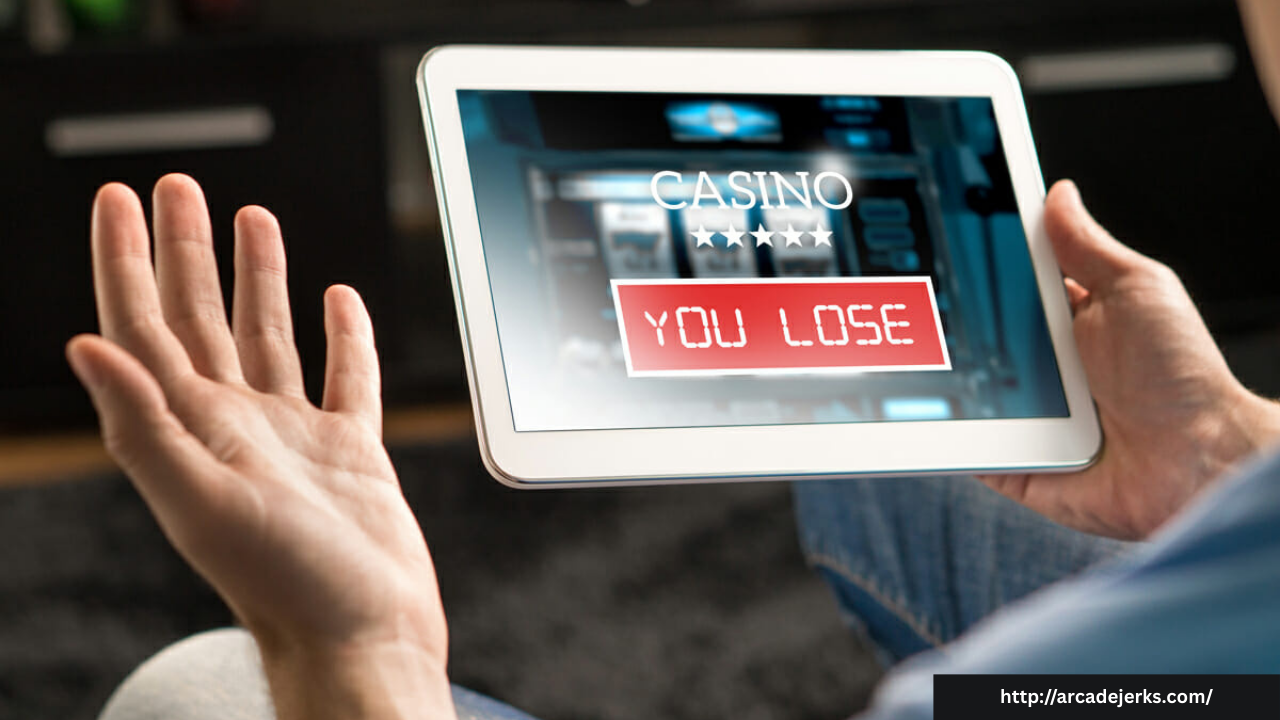What starts as a form of fun and escape can quickly spiral into a consuming habit. Online gaming and gambling, though designed for entertainment, have the power to grip individuals in a cycle of obsession and loss of control. For many, the moment of realization comes too late—after relationships have been damaged, finances drained, and mental health compromised. But no matter how deep into the addiction someone is, recovery is possible. “Game Over” doesn’t have to mean the end; it can be the turning point toward a better, healthier life.
Understanding the Addiction
Both gaming and gambling stimulate the brain’s reward system, triggering a dopamine release that reinforces the behavior. The instant gratification, the thrill of risk, and the sense of achievement keep users coming back for more. But as the brain becomes dependent on this stimulation, users often find themselves chasing the same high while ignoring mounting consequences.
Gaming addiction often involves excessive hours spent on games, neglecting responsibilities, and becoming emotionally invested in virtual worlds. Gambling addiction, especially online, can lead to serious financial problems as individuals chase losses and bet more than they can afford.
Recognizing the Signs
Admitting there’s a problem is the first step. Some common warning signs include:
-
Playing or gambling for longer than intended
-
Lying to family or friends about time or money spent
-
Feeling anxious or irritable when not gaming or gambling
-
Neglecting work, studies, or relationships
-
Using gaming or gambling to cope with stress or negative emotions
If any of these signs sound familiar, it’s time to take action.
Steps to Regain Control
-
Acknowledge the Problem
It takes courage to admit that gaming or gambling is negatively affecting your life. But without honesty, healing can’t begin. Write down the impacts you’ve noticed—emotional, financial, and social—and use this as motivation to make changes. -
Set Clear Limits
Create a daily schedule that includes dedicated time for non-digital activities. Use timers, apps, or built-in settings to limit screen time. If gambling is involved, set strict financial boundaries—or consider self-exclusion programs available on most gambling platforms. -
Find Healthy Replacements
Replace gaming or gambling with hobbies that provide joy and engagement. Exercise, reading, creative arts, volunteering, or learning new skills can offer fulfillment and structure to your day. -
Seek Professional Support
Addiction is not just a bad habit—it’s a mental health issue. Therapists who specialize in behavioral addiction can help address the root causes and develop coping strategies. Support groups like Gamblers Anonymous or online forums for gaming addiction offer community and accountability. -
Involve Your Support System
Don’t go it alone. Open up to trusted friends or family members. Let them help you set boundaries, celebrate progress, and hold you accountable without judgment.
Recovery Is a Journey
Breaking free from addiction is not easy—but every step forward counts. You may slip up, feel discouraged, or face tough days. That’s normal. What matters is continuing to move forward, one choice at a time.
Remember: You are not your addiction. With support, structure, and commitment, you can press “reset” on your life—and truly take control again.
